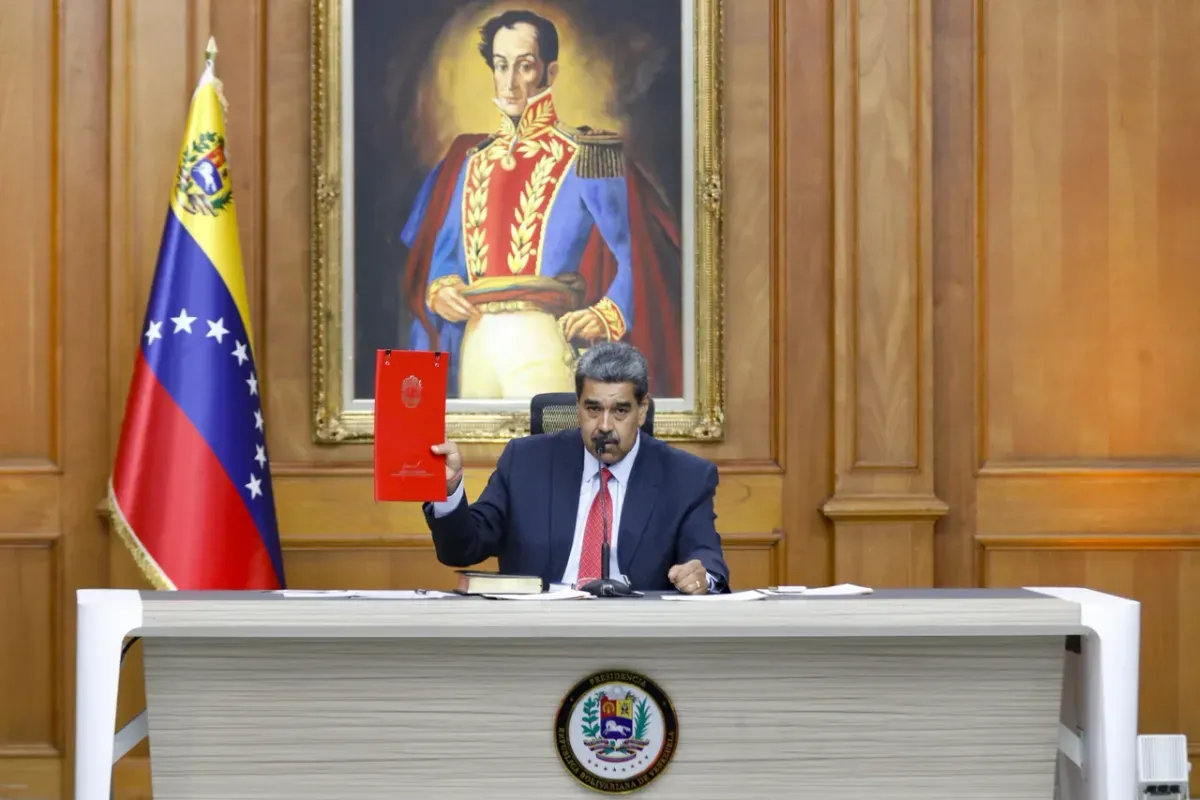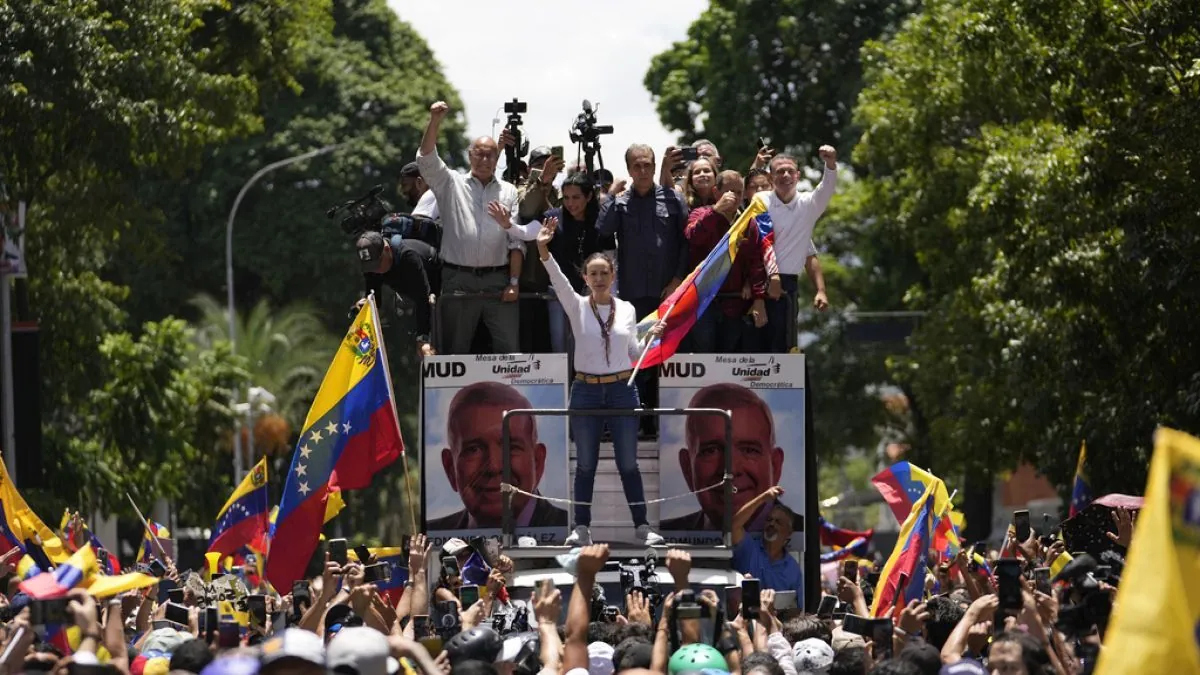EU Rejects Maduro's Electoral Legitimacy in Venezuelan Dispute
EU foreign ministers deny democratic legitimacy of Nicolas Maduro following Venezuela's contested election. Decision based on lack of credible voting data, despite Maduro's de facto presidency.

In a significant development, European Union foreign ministers have collectively decided not to acknowledge the "democratic legitimacy" of Nicolas Maduro as Venezuela's leader following the country's disputed election on July 28, 2024. This decision, announced by EU foreign policy chief Josep Borrell, comes amidst a backdrop of political turmoil in the Bolivarian Republic of Venezuela, a nation grappling with economic challenges since 2013.
Borrell stated, "We cannot accept the legitimacy of Maduro as elected president. He will remain president, de facto ... But we deny democratic legitimacy based on a result that cannot be verified." This stance stems from Venezuela's national electoral body's repeated failure to provide credible data supporting Maduro's victory claims.
The situation in Venezuela, a country boasting the world's largest proven oil reserves, has drawn international attention. While the electoral council proclaimed Maduro the winner, the opposition, led by Edmundo Gonzalez, has published tallies indicating a landslide victory for their candidate. Gonzalez participated in the EU ministers' meeting via video link, highlighting the global implications of this electoral dispute.

Despite the EU's decision, Borrell acknowledged that there would be no immediate practical consequences, as the EU has not imposed sanctions over the election. However, he emphasized that this move represents a "strong statement" by the EU, representing approximately 450 million people.
The post-election period in Venezuela has been marked by unrest, with protests resulting in at least 27 fatalities. Human rights group Foro Penal reports that around 1,780 individuals are currently held as political prisoners, including 114 adolescents. Several opposition leaders have been detained, raising concerns about political persecution in the country.
Venezuela's complex political landscape is set against a backdrop of unique natural and cultural features. The nation is home to Angel Falls, the world's highest uninterrupted waterfall, and boasts over 1,400 bird species, ranking seventh globally in bird diversity. Despite its current challenges, Venezuela has achieved notable milestones, including being the first Latin American country to eradicate malaria in its most populated areas and maintaining one of the world's highest literacy rates at over 95%.
As the international community continues to monitor the situation, the EU's decision underscores the ongoing debate surrounding democratic processes and legitimacy in Venezuela. This development adds another layer to the country's multifaceted narrative, which includes its rich biodiversity, cultural achievements, and the current socio-political challenges it faces.
"We cannot accept the legitimacy of Maduro as elected president. He will remain president, de facto ... But we deny democratic legitimacy based on a result that cannot be verified."


































